Lucidea’s Lens: Knowledge Management Thought Leaders Part 74 – Steve Denning

Stan Garfield

Steve Denning is a consultant, speaker, and author on leadership, storytelling, and management. He has written over 900 articles on strategy and leadership as a senior contributor for Forbes.
Steve is the former Program Director, Knowledge Management at the World Bank, where he spearheaded a major strategic shift. He now works with organizations on leadership, innovation, business agility and organizational storytelling.
Steve is a director of the SD Learning Consortium, a group of private sector firms that are committed to transforming the world of work. Steve has written over 40 articles for the management journal, Strategy & Leadership.
Selected Books
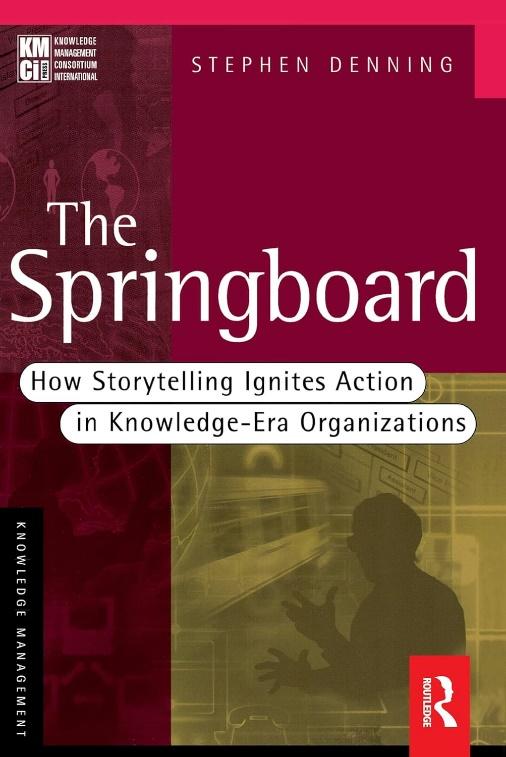
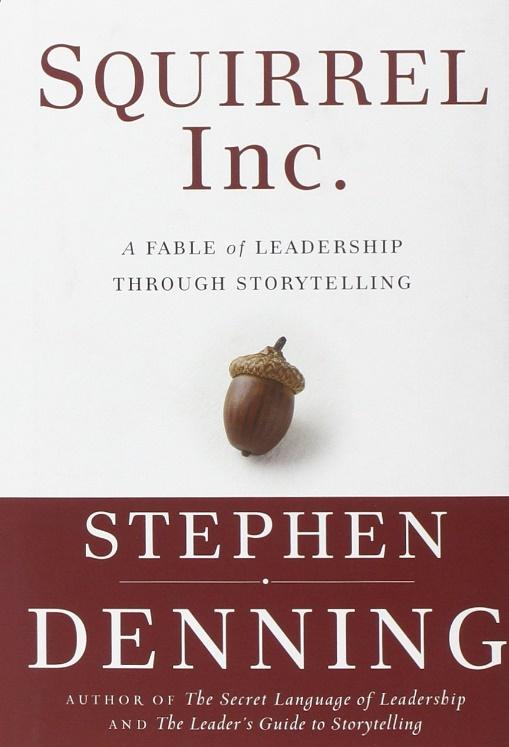
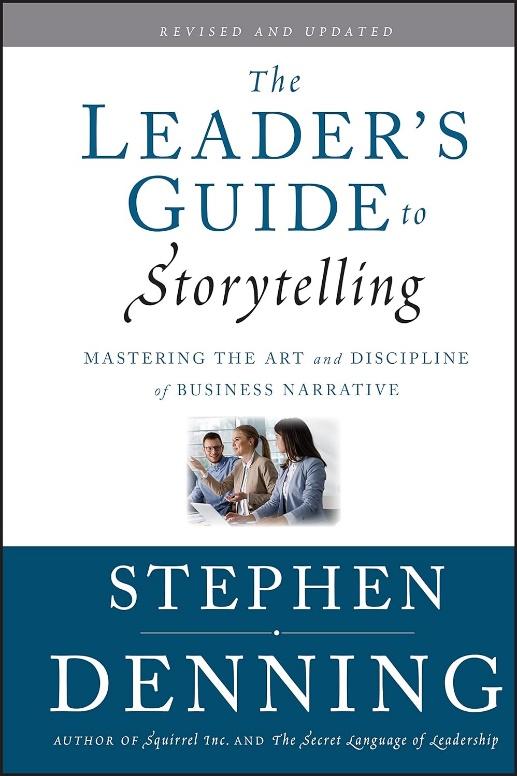
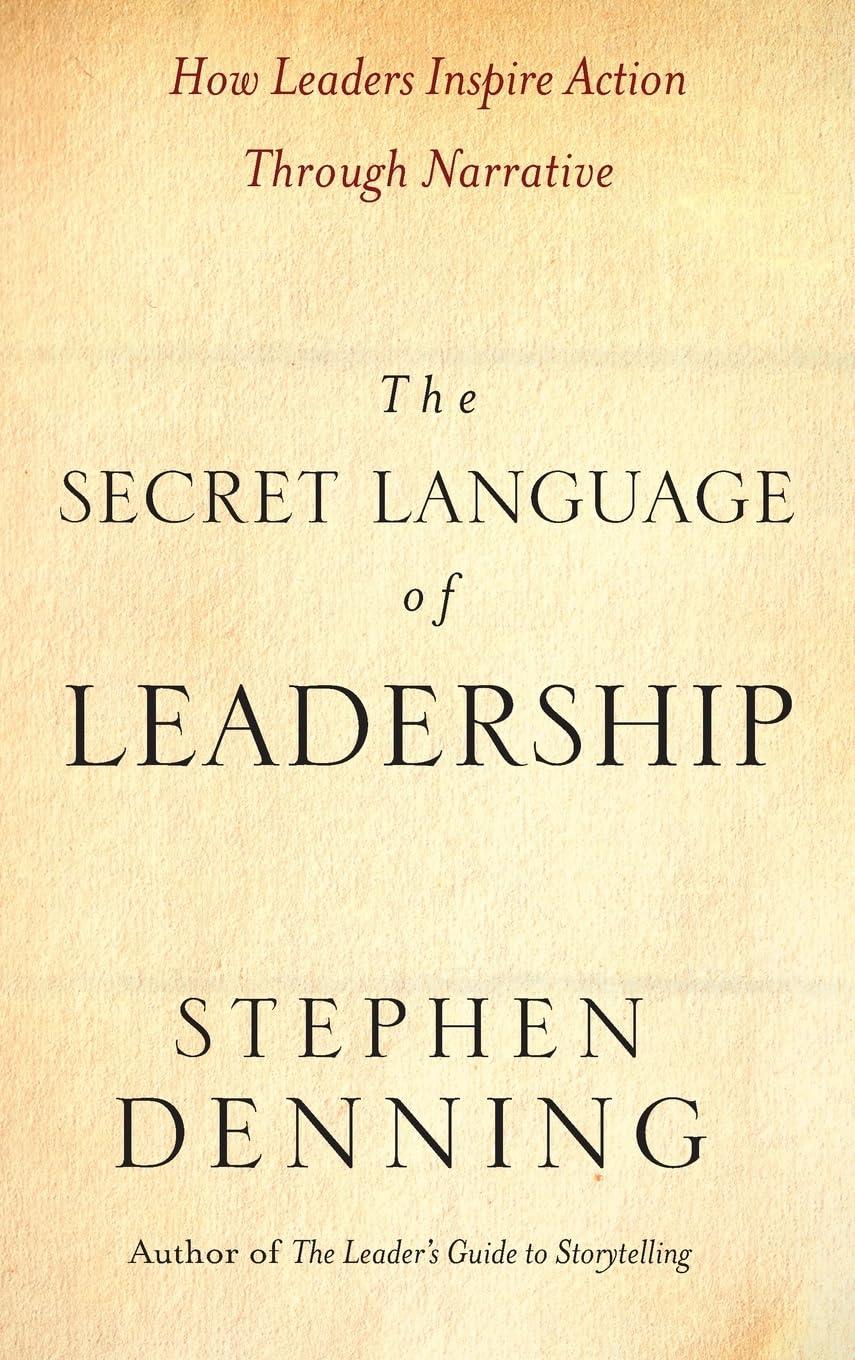
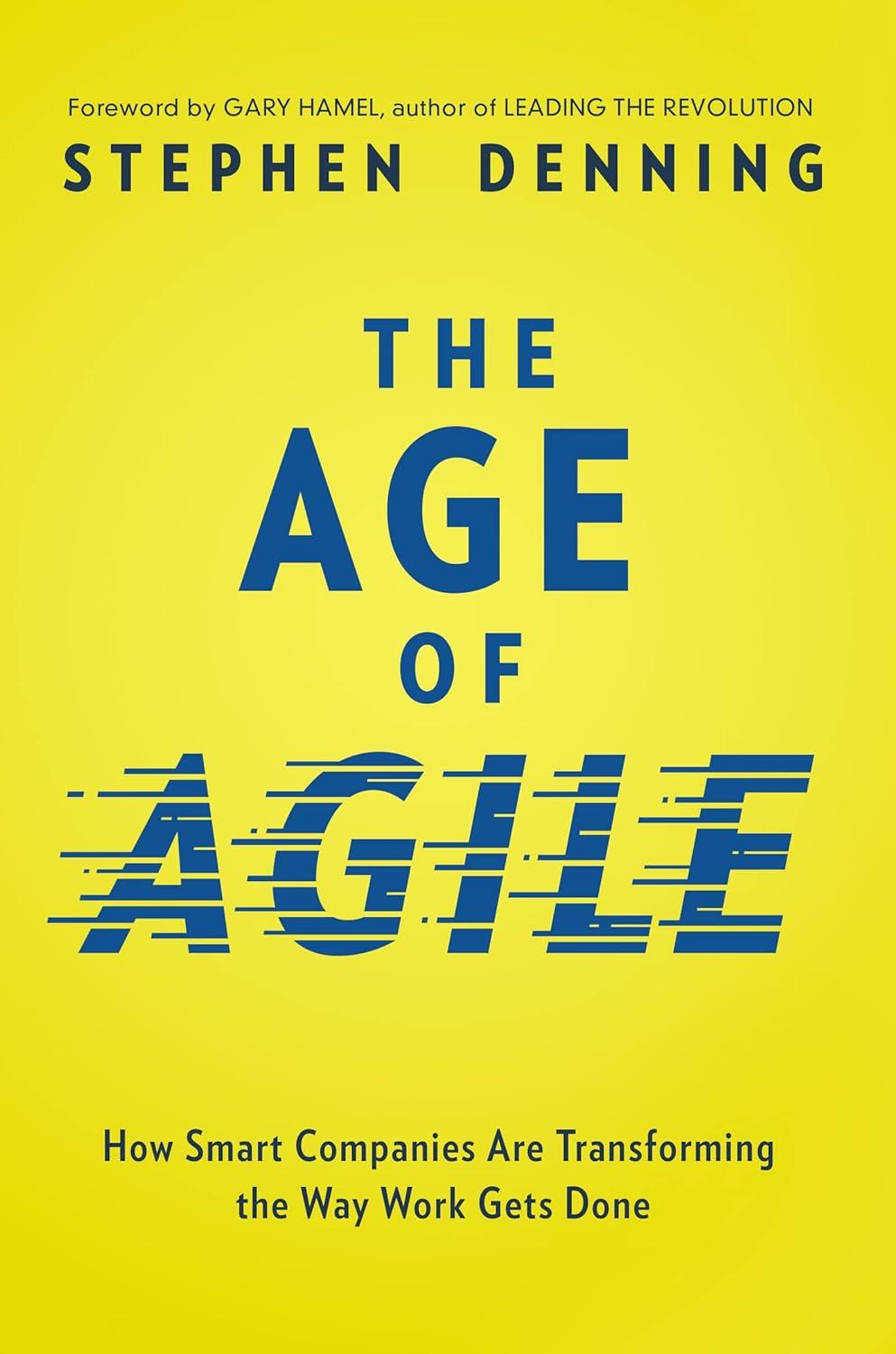
Four Knowledge Management Lists
Thirteen Key Elements Knowledge Management
- Communities of Practice
- Place (online presence)
- Help Desk
- Yellow Pages (expertise location)
- Primer (FAQ)
- Knowledge Artifacts
- Bulletin Board (threaded discussions)
- Doorway (external access)
- Demand (enhance using narrative)
- Imagination (for transformational innovation)
- Risk Management
- Values (conducive to sharing)
- Social Media (blogs, wikis, RSS feeds, etc.)
Seventeen Myths of Knowledge Management
- Knowledge is always a plus
- Knowledge always helps innovation
- Knowledge is sticky
- The concept of knowledge is infinitely extendable
- Knowledge can be transferred
- Knowledge-sharing is always a good thing
- Knowledge is more important than values
- People always want to have better knowledge
- The task of KM is to enhance the supply of knowledge
- There are structural solutions to the lack of demand for knowledge
- KM is the same for all organizations
- Knowledge is the only sustainable competitive advantage
- Knowledge management will transform the business landscape
- KM succeeded and no one knows it
- It was the IT vendors who killed KM
- The right question to ask is: how do you make knowledge-based organizations?
- Knowledge is the raison d’être for organizations and explains competitive advantage
Ten steps to get more business value from knowledge management
- Slice through the hype
- Fight off the IT firms
- Take a hard look at your own organization
- Set your knowledge management strategy
- Use narrative techniques to communicate your KM strategy
- Pay special attention to organizational values
- Encourage communities and cross-communities
- Set your incentives (carefully!)
- Measure progress (carefully!)
- Recognize the limits of knowledge
Seven laws of knowledge management
- Knowledge sharing is essential to economic survival
- Communities of practice are the heart and soul of knowledge sharing
- Virtual community members also need physical interactions
- Passion is the driving force behind communities of practice
- Communities enrich organizations and personal lives
- Knowledge sharing has inside-out and outside-in dynamic
- Storytelling ignites knowledge sharing
Three corollaries
- Knowledge sharing is at some point confused with IT
- Middle-management resists
- Vibrant communities of practice attract new talents
Support for Change: Storytelling as a Springboard
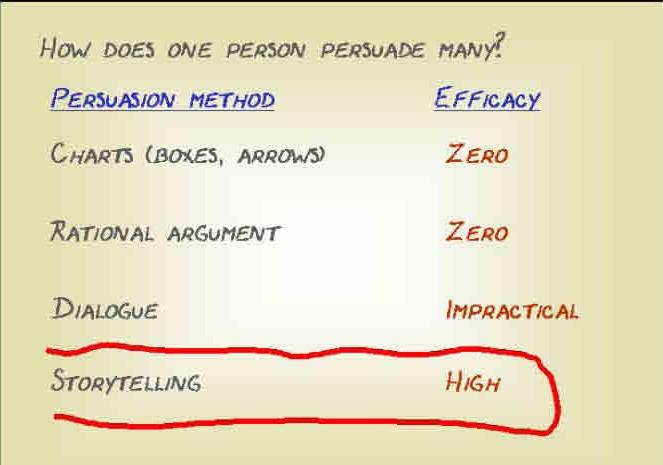
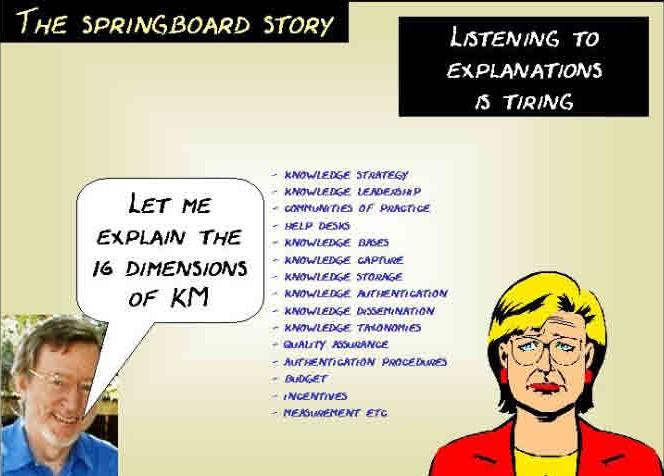
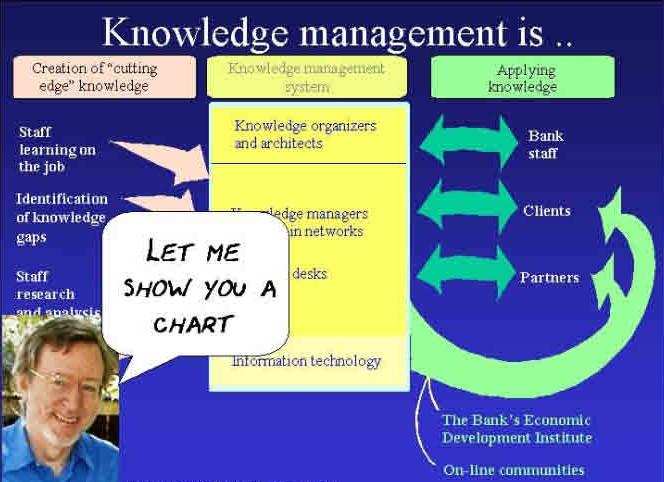
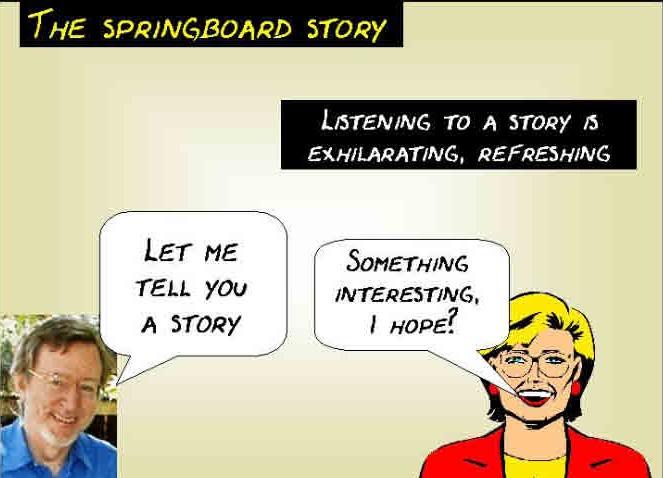
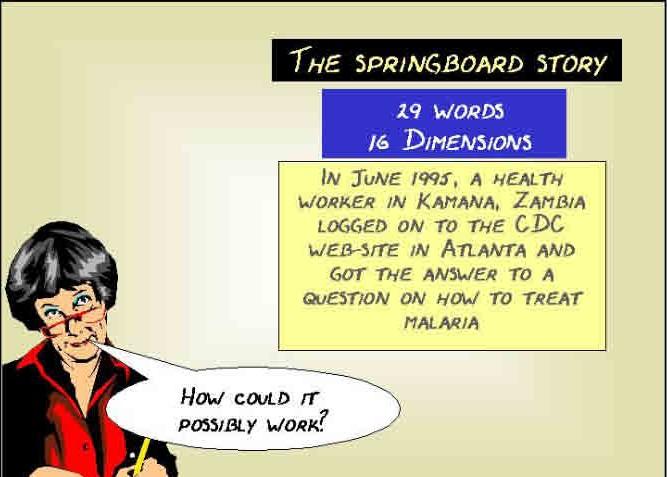
Radical Management: Creating a Safe Space for KM
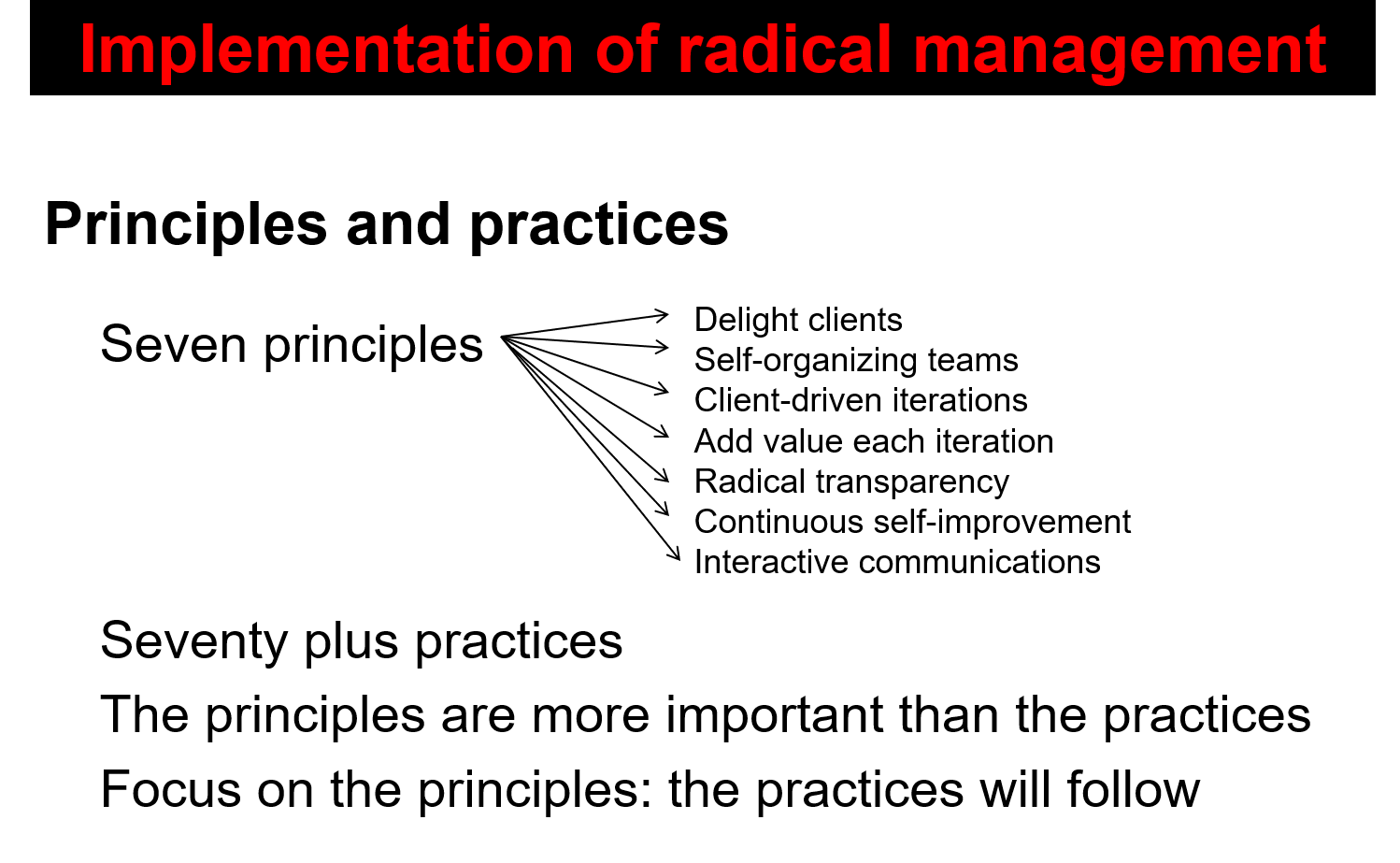
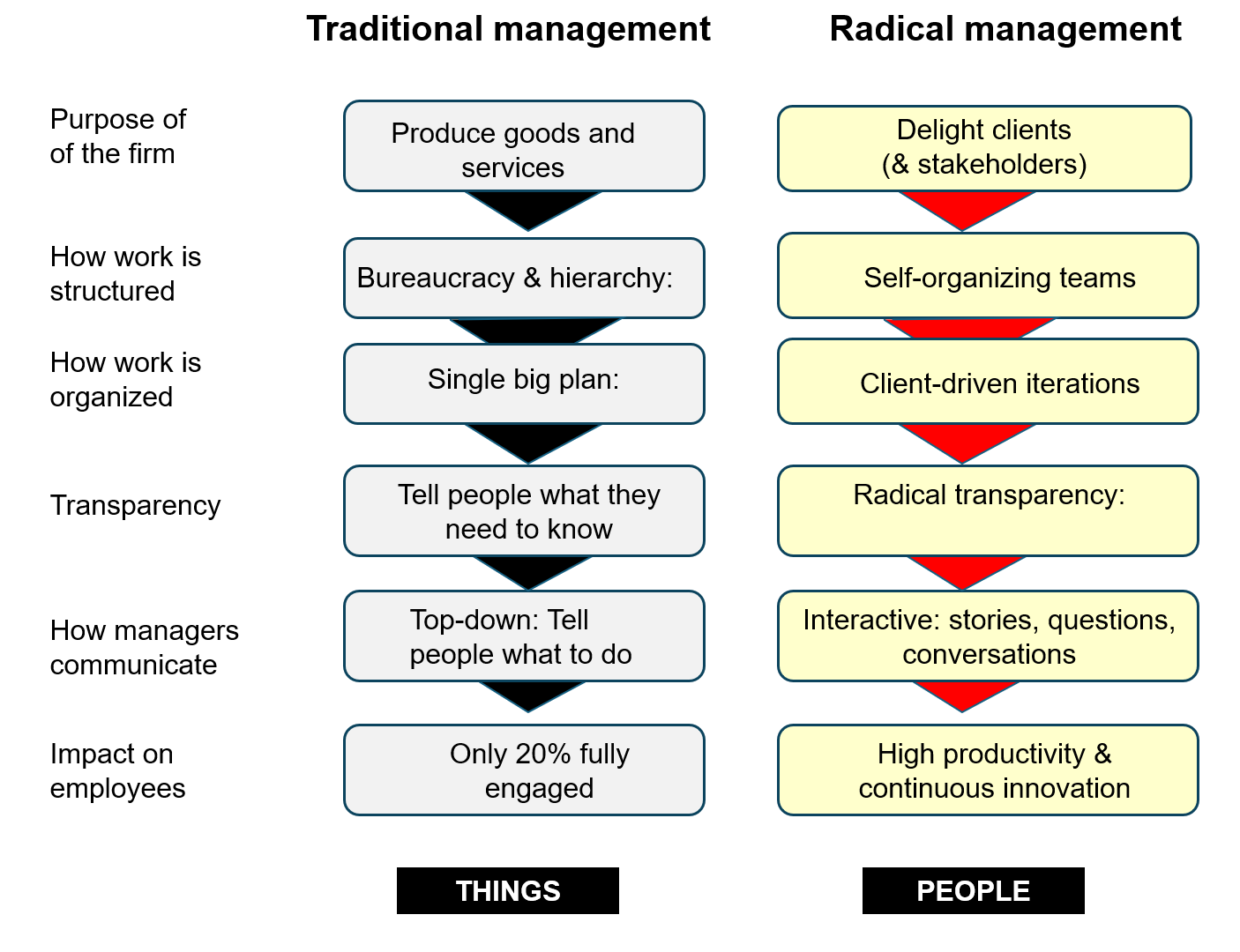

Stan Garfield
Please enjoy Stan’s blog posts offering advice and insights drawn from many years as a KM practitioner. You may also want to download a free copy of his book, Lucidea’s Lens: Special Librarians & Information Specialists; The Five Cs of KM from Lucidea Press, and its precursor, Proven Practices for Promoting a Knowledge Management Program. Learn about Lucidea’s Presto, SydneyEnterprise, and GeniePlus software with unrivaled KM capabilities that enable successful knowledge curation and sharing.
**Disclaimer: Any in-line promotional text does not imply Lucidea product endorsement by the author of this post.
Never miss another post. Subscribe today!
Similar Posts
Lucidea’s Lens: Knowledge Management Thought Leaders Part 106 – Hubert Saint-Onge
As the creator of the Knowledge Assets Framework Hubert has shaped how businesses integrate strategy leadership and knowledge sharing to drive performance.
Lucidea’s Lens: Knowledge Management Thought Leaders
Part 105 – James Robertson
James Robertson is a pioneer in intranet strategy and digital workplace design helping organizations create seamless employee experiences. As the Founder of Step Two and a respected industry voice he has shaped best practices in content management portals and digital experience design.
Lucidea’s Lens: Knowledge Management Thought Leaders
Part 104 – Vincent Ribière
Vincent Ribière advances knowledge and innovation management through AI creativity and KM. Explore his work in academia research and industry leadership.
Lucidea’s Lens: Knowledge Management Thought Leaders Part 103 – Tony Rhem
In this edition of Lucidea’s Lens: Knowledge Management Thought Leaders we highlight Dr. Tony Rhem a leading expert in AI big data information architecture and innovation. As CEO of AJ Rhem & Associates Tony has shaped the fields of knowledge management governance and emerging technologies.






Leave a Comment
Comments are reviewed and must adhere to our comments policy.
0 Comments